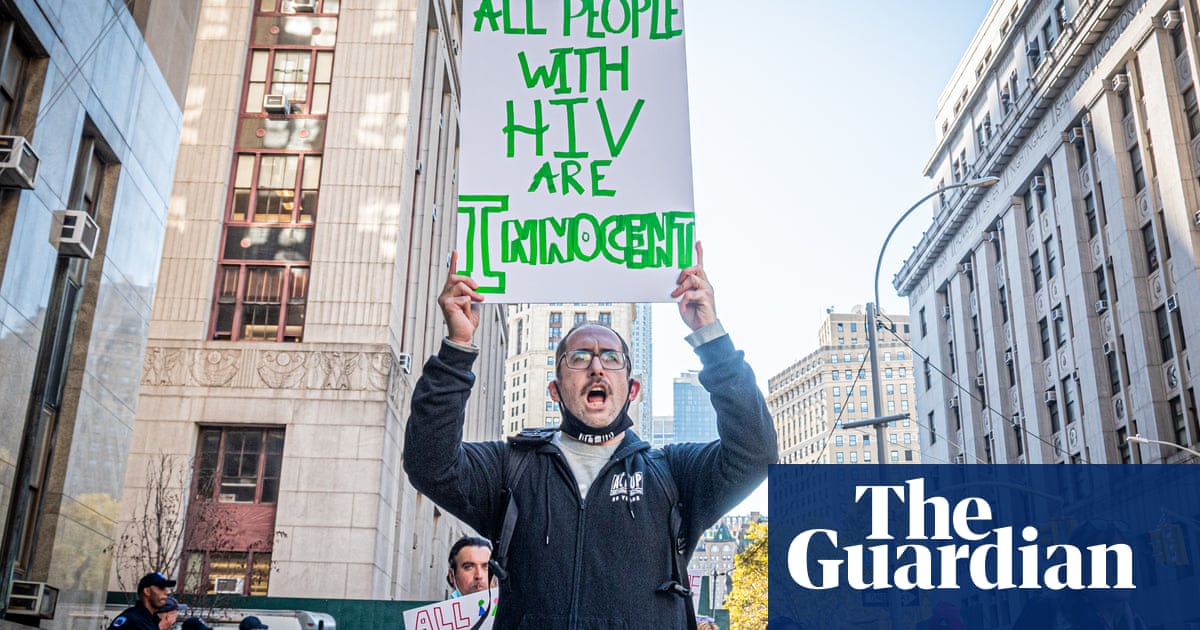In the run-up to the election in November, there was a pervasive belief that the fate of the nation could hinge on Florida because of its 2018 passage of Amendment 4, which reversed a permanent voting ban for 1.4 million Floridians with felony records. Then, in September, an appellate court ruled that people with felony convictions must pay all their court fines and fees before they are permitted to exercise the franchise.
Activists called the decision an affront to American democracy; the vote, they argued, is the most visible expression of citizenship. Without question, restoring the franchise could change the political landscape, but equating the right to vote with full citizenship hides a much deeper truth. Thousands of laws and regulations make it almost impossible to reintegrate fully into civilian life, trapping formerly incarcerated people in a state of quasi-citizenship that makes it more likely they will be sent back to prison. As a result, even after they have served their sentences, and long after they finish probation or parole, people with felony records are effectively imprisoned, but in their home communities.
…
Nationwide, 45,000 “collateral consequences” regulate the lives of people with criminal records, dictating where they may work, with whom they may live and how they may spend their time, according to a database of laws, policies and administrative sanctions compiled by the American Bar Association’s Criminal Justice Section. Some of these laws are well-known and hotly debated, such as requirements that people convicted of sex offenses live beyond a certain distance from schools and playgrounds.
…
In Florida, for instance, the passage of Amendment 4 excluded people convicted of sex offenses from ever having the right to vote.
…
Whether for narcotics, sex, or murder charges, formerly incarcerated people are locked out of political and economic life. No matter how long ago the offense occurred, the lengths they’ve gone to repay harms they may have caused, or if questions persist about their guilt. Put differently, people with felony records never fully regain their citizenship. This is not an accident, but the direct result of policies we’ve enacted that allow us to treat formerly incarcerated people as if they aren’t citizens at all.
…
Psychiatrist and sex offender assessment expert Yang Tsung-tsai (楊聰財) said the predisposition to sex offenses is a difficult mental disease to treat and the US policy is to permanently isolate sexually violent predators from society.
…
Measures being deliberated by officials include removing the maximum involuntary treatment of five years for the criminally insane, and mandating GPS ankle monitors and other surveillance devices for released sex offenders, he said.
Mothers Shield Alliance deputy secretary-general Shan Hsin-ai (單信愛) said she does not know if the government cares more about victims or perpetrators, and urged the nation to consider surveillance and the chemical castration of offenders.

